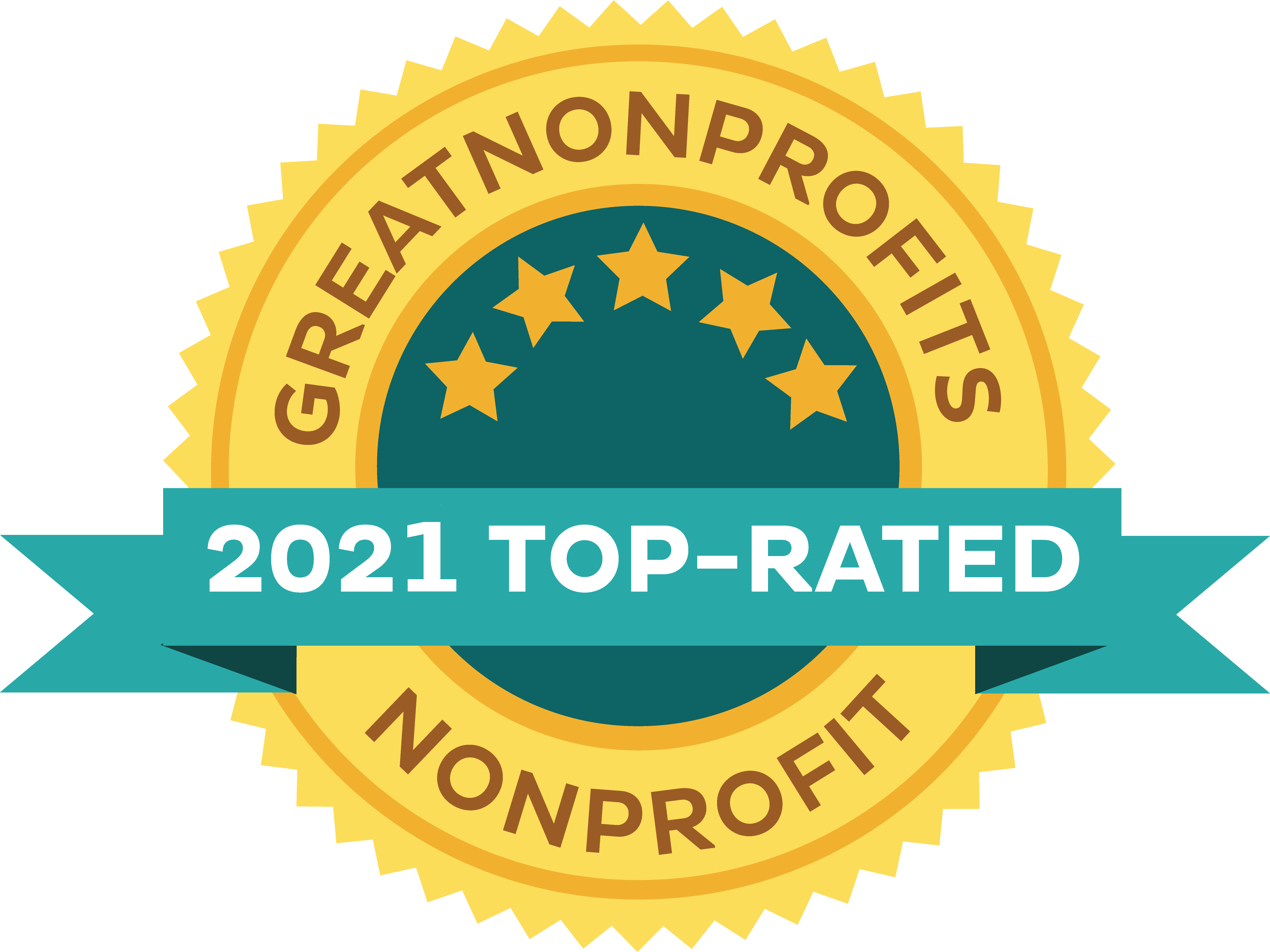The challenges currently faced by research and education worldwide require not only new solutions, but also–and more deeply–new thinking. The Institute proposes a model: bringing together several disciplines, taking their concepts and methods and transferring them from one to another, and generating on this basis a new way to look at the problems. And, by way of consequence, producing also new solutions.
New initiatives inspired by the same philosophy of research begin to burgeon. As an article published in the March 2012 issue of Biosciences (pp. 296-304) * puts it "... researchers ... will need to adopt an interdisciplinary, international, and interorganizational approach ...". Though focused on environment, the article correctly poses the problem in general terms: "... challenges transcend disciplinary, institutional, and political borders. The complex character of these challenges stems from diverse value systems, political differences, and economic and technological disparities ...". And here is the solution that the article suggests: "Solutions must come from varied disciplines, including social and natural sciences; solutions require the engagement and collaborations of diverse collaborators, including academia, industry, government, nongovernmental organizations, and private citizens ...".
This is the core creed of the Institute, and the basis of any of its activities. An example of this approach has been the analysis of the medicinals recovered from the 140/120 B.C. shipwreck. Pursuing in this direction, the Institute is launching other new programs that cross the borders, be they geographical, politico-historical, disciplinary or others. One of them is an exploration of the exchanges between the Mediterranean and Chinese worlds. The Silk Road was not only a trade road, but also a knowledge road. The Institute has been invited to present its research at the 13th International Congress of the Society for Ethnopharmacology to be held in Graz (Austria), 2-6 September 2012.
In another such research program, the Institute studies the new anthropology developed during the first centuries of our era. This research is expected to make substantial progress thanks to the Fellowship granted to Alain Touwaide by the Academy of Belgium to work in collaboration with the University of Louvain (Belgium), particularly Dr Caroline Macé, and to determine how this new concept of human beings impacted medicine and therapeutics, or conversely: how medicine and therapeutics became to be part of these new developments.
Similarly, the Institute expands its extra-mural activities and its contacts with other disciplines. In April, Alain Touwaide and Emanuela Appetiti presented the programs of the Institute in such a College that changes lives as St-John’s in Annapolis (MD), where the research and thinking model of the Institute is particularly suited. In May, the Officers of the Institute will stay for one week at Bastyr University in Seattle, WA, the only US university specialized in natural medicine. They have been granted the 1st William A. Mitchell, ND, Visiting Scholarship awarded by Bastyr University, and will put medical traditions in action in collaboration with faculty and students. During this stay, Touwaide will deliver a major public lecture, on May 17th.
The current Medical Traditions Seminar of the Institute, its program for the coming Summer, and other activities of the Institute – all of which are further detailed in this issue of our Newsletter – illustrate this research and knowledge strategy that aims to open new paths. The next step will be to build also a new-knowledge-development capacity. To this end, the Institute will need to reinforce its links with the world of education. We are working on it. In the meantime, the message of the Institute is circulating, from an interview on New Zealand Radio to the NewScientist magazine.
* Amanda H. Schmidt, Alicia S. T. Robbins, Julie K. Combs, Adam Freeburg, Robert G. Jesperson, Haldre S. Rogers, Kimberly S. Sheldon, and Elizabeth Wheat, "A New Model for Training Graduate Students to Conduct Interdisciplinary, Interorganizational, and International Research", Biosciences-A Forum for Integrating the Life Sciences, 62:3 (March 2012): 296-304.


